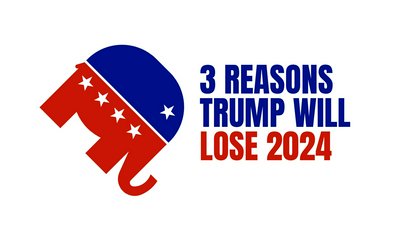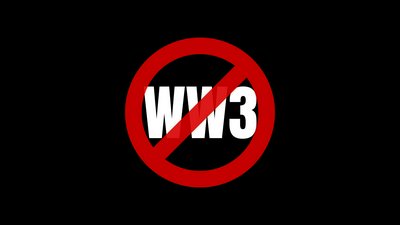economyParis
Class Bias in Liberal Media: You Are Not Like Them
Beyond demand- and supply-driven biases, I point to class bias in media: Simply being part of a class influences how journalists experience and perceive real...
Published by Dr Jiulin Teng on 28 May 2020 · Updated on 25 Jul 2021

We are familiar with demand- and supply-driven biases in media: Demand-driven bias is when the media platform takes on social, commercial, political, or other biases to attract, retain, and animate its target audience. Supply-driven bias is when the media platform choses the direction in which it produces biases so as to attract and retain its advertisers. A lot has been studied on this issue.
In this article, however, I'd like to point to another source of bias inherent in the news organization: the old class bias.
What Is Class Bias in Media?
In recent years, the public has become more aware of the power of media, thanks to stories of the myriad "influencers" on social media platforms. Journalists who have large national or international platforms have long enjoyed these privileges. As a result, how they each think and act on the individual level are exposed to selective pressures from these privileges.
An example would be the BBC (British Broadcasting Corporation), which is purportedly neutral politically and does not rely on advertising. Since it also has the majority of the British news television market, it should also in theory be free of demand-driven bias. Many have argued, however, that since many journalists on a personal level are close friends with or married to prominent Conservative Party members, they could subconsciously (if not consciously) adopt views that align with the Tories.
Taken this a step further, socializing with certain groups can subconsciously transform how a journalist views these groups. Over time, s/he can adopt views that align with these groups and thereby biased.
Ultimately, the selective process also has a feedback mechanism: Junior journalists with whom the senior editor disagrees may be less likely to get promoted; they may lose access. Thus, journalists who are aligned with the class bias proceed to become senior editors and perpetuate the bias.
Why Is Class Bias Remarkable in Liberal Media?
The public have, for numerous reasons, long confused "liberal" and "progressive" in commercial and political discourses (we can talk about this another time). Hence, it is easy for the audience of liberal media to mistakenly believe that others who believe in equality and positive actions agree with the media.
At the same time, liberal media, besides their demand- and supply-driven biases, is vulnerable to class bias. Key journalists easily take home hundreds of thousands a year, and anchors millions if not tens of millions. Even if they attempt to connect with the common people, their social experience makes it difficult.
Interestingly, the effects of class bias may work with other systematic biases to produce at times confusing, at times laughable results. If there is one thing I want you to take away from this article, it is that the journalists are not stupid—they are probably smarter than you and I—sometimes their apparent ramblings are the results of class bias.



